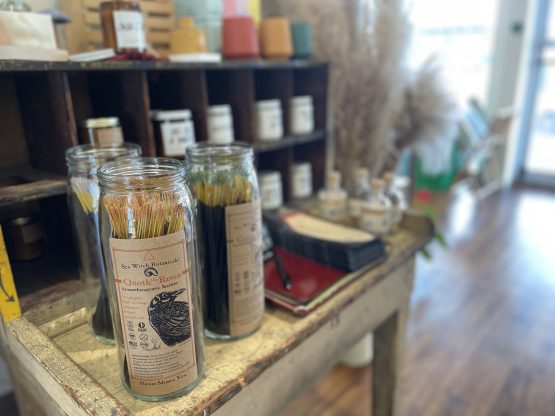
For reusable paper towels and all-natural skin care products, Simple Good is the place to go for people with a green-thumb. Simple Good provides customers with the opportunity to make sustainable and environmentally conscious shopping decisions, contributing to a greener Long Island.
Simple Good is the first store of its kind on Long Island. Located in downtown Port Jefferson N.Y., the shop’s home-like atmosphere invites costumers to explore a wide variety of clothing, home goods and beauty products with a sustainable twist.
“What we try to do here is offer products that have a continued life, either as compost or as something that can be recycled, thrifted, upcycled, etcetera,” said Simple Good founder Melanie Gonzalez.
Located just under 15 minutes away from Stony Brook University, students who appreciate environmentally-friendly options can easily access Simple Good.
“I really like the store, I think it’s a really great place,” Kellianne Ticcony, a senior at Stony Brook University majoring in marine sciences and sustainability studies, as well as the co-president of the environmental club, said. “Especially [because] it is so close for students to go to.”
Simple Good has been open for about three and a half years, but Gonzalez wrote in a Facebook post that behind the store was 15 years worth of product development.
Gonzalez’s goal is to promote mindfulness when it comes to the environment. According to the store’s website, Gonzalez also co-owns The Long Island Center for Environmental Activism (LICEA), which is a “combined space where art, education, programs and retail come together.”
“My focus here is to offer an alternative to a lot of the waste that is found nearly everywhere else,” Gonzalez said. “We try to just replace whatever we can with a better solution.”
The store’s selection ranges from clothing made from organic cotton to a “Refillery,” where customers can fill their own containers with household necessities like detergent. None of the store’s items use any plastic.
“I think it’s really important to have those options,” Ticcony said. “When you use a plastic product, it stays within the environment for a really long time.”
Plastic can take anywhere from 20 to 500 years to break down. This year in the U.S. alone, 85% of plastic was not recycled and ended up in landfills.
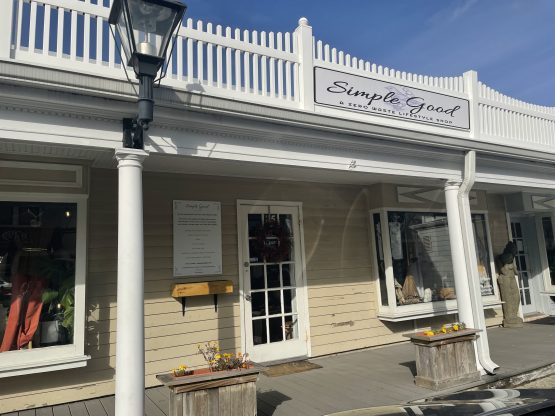
“Sustainability efforts are important because we want to reduce the stress we are putting on our climate and environment as much as possible,” Dr. Alyssa Stansfield, a postdoctoral researcher in the Department of Atmospheric Science at Colorado State University, said in an email to The Statesman.
Gonzalez’s career background as a vice president of product development brought her attention to the amount of waste the clothing industry produces. She saw an issue with the mentality behind the products being made.
“No one really cares so much about the end of life of the product,” Gonzalez said. “So what happens is because nobody cares about that, they don’t think about what to do with things at the end of the life cycle, and it will oftentimes wind up in landfill.”
The clothing industry produces 92 tons of waste annually through production processes.
“Clothing production, specifically the cheap, synthetic fibers used to produce ‘fast fashion,’ is very harmful for Earth’s climate and the environment as a whole,” Stansfield said. “Most modern clothes are made of fibers, such as polyester, made from oil that comes from the large oil companies that are driving climate change.”
Stansfield identified the higher cost of sustainable items as a roadblock for most people. She explained that these products tend to cost more than regular items, deterring people from purchasing them.
“Although the store is a little costly, it is a sacrifice you have to make for the intricacy and quality of their beautiful products,” Danielle Stone, a Stony Brook sophomore studying environmental design policy and planning, said.
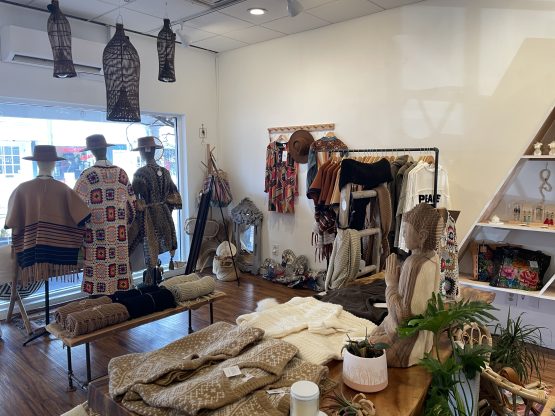
The products that the shop sells and its mission overall differs from that of the mainstream clothing industry.
“A lot of our apparel is made by small-batch female designers; they’ll have two cycles a year as compared to something like Shein or H&M, that literally have hundreds and hundreds of cycles a year,” Gonzalez said.
The clothing sold at the shop is “cut to order,” meaning that the clothing is only produced once the order has been placed. Gonzalez said this results in a zero-waste process.
Gonzalez emphasized that anyone can make changes to their lifestyle in order to live more sustainably and make less of a negative environmental impact.
“It’s all about not being perfect, making small changes,” Gonzalez said. “Try to change something you use everyday like a toothbrush, that’s really going to make a difference because it’s something that you’re using every single day that costs the same whether you use a sustainable version or not.”





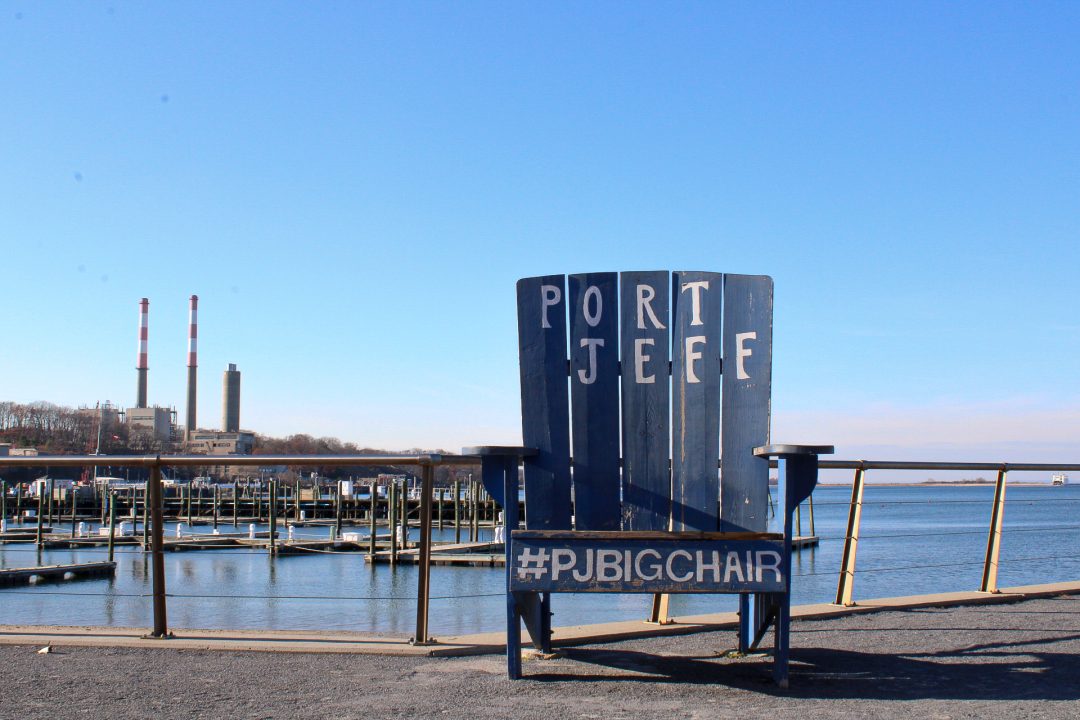
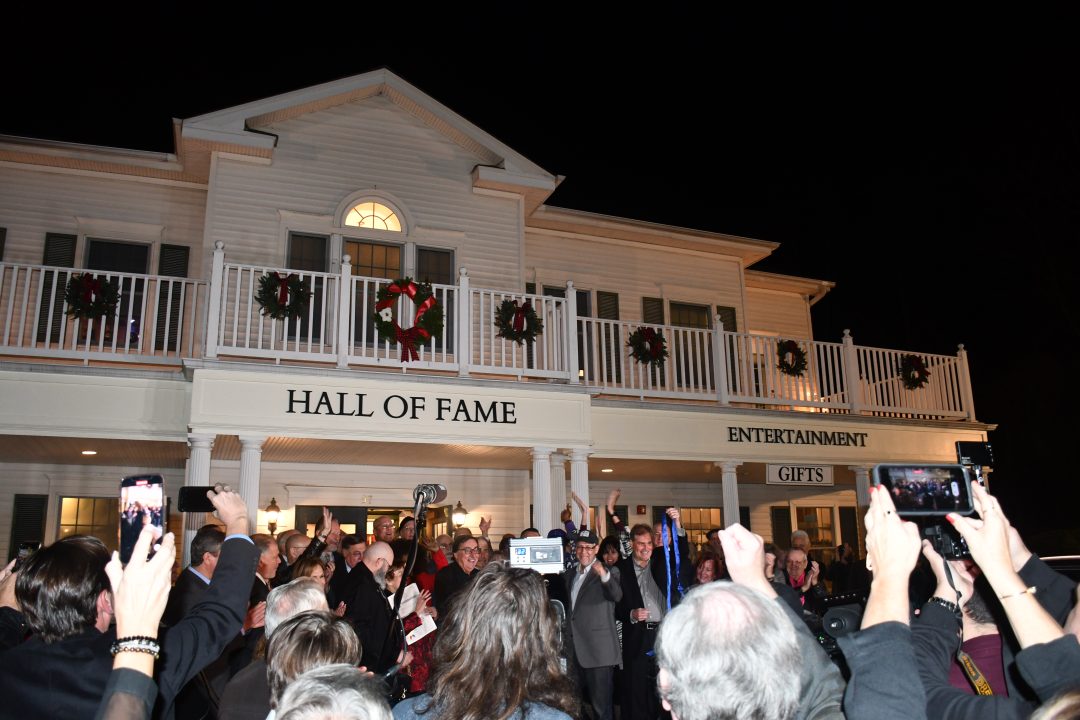

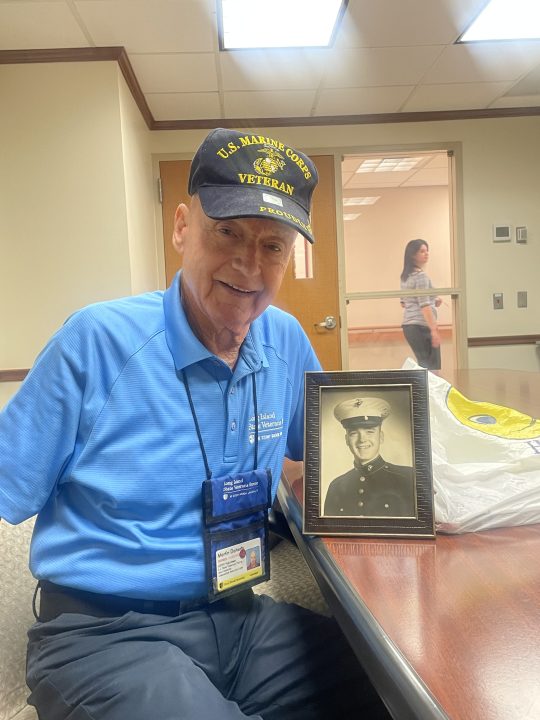

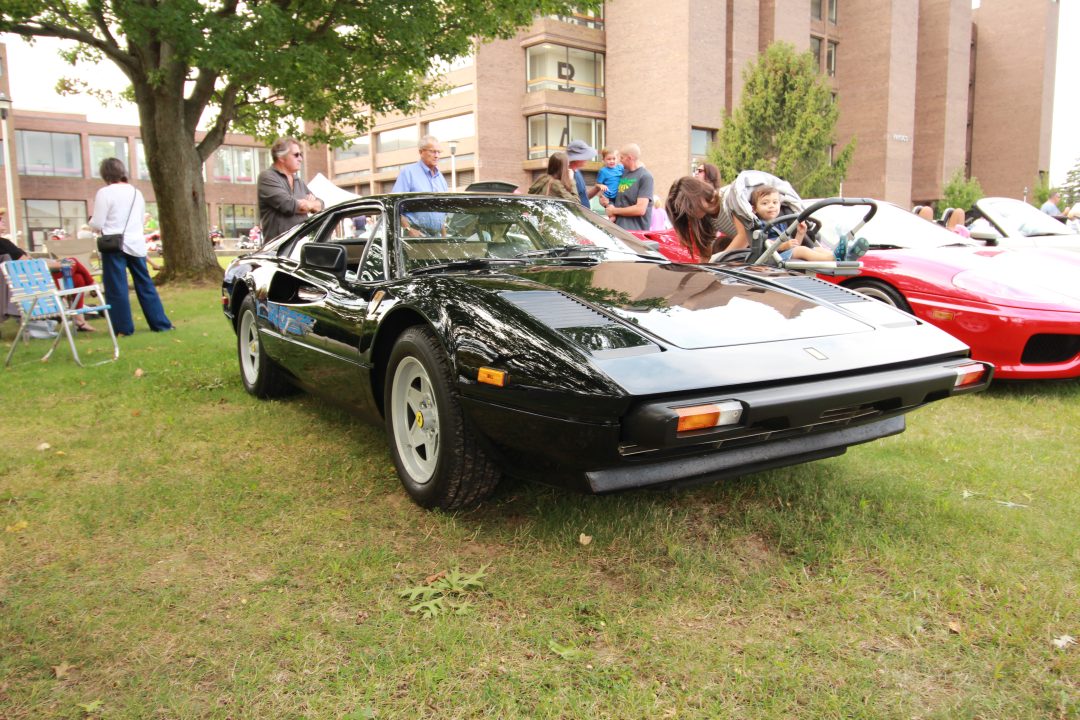
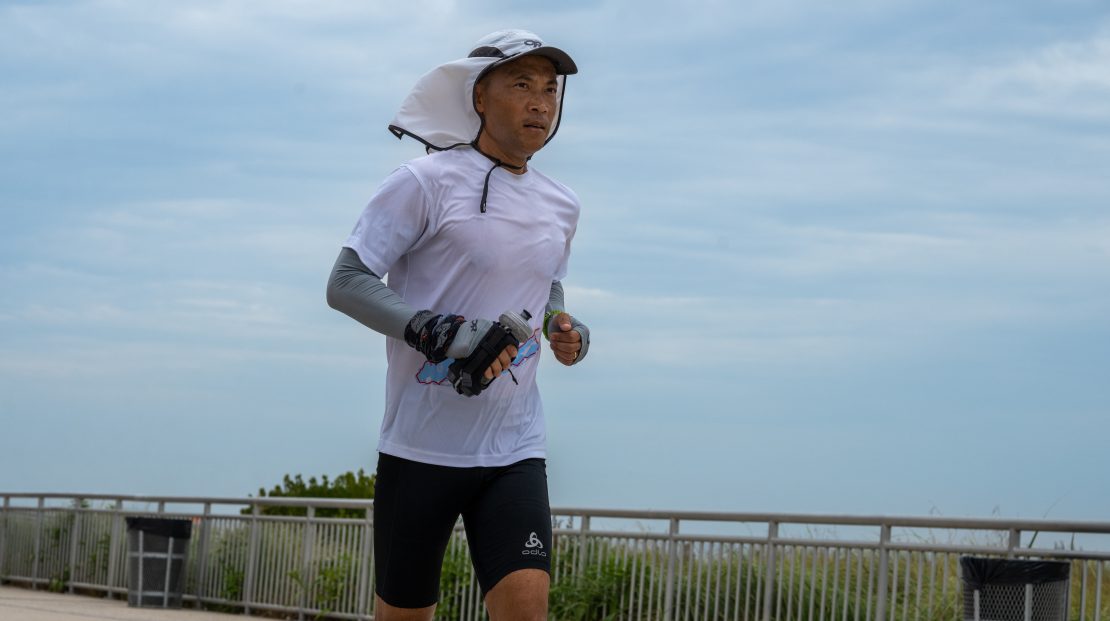









Rizwan • Dec 7, 2022 at 8:42 am
I really like the store. Thank,s for sharing!